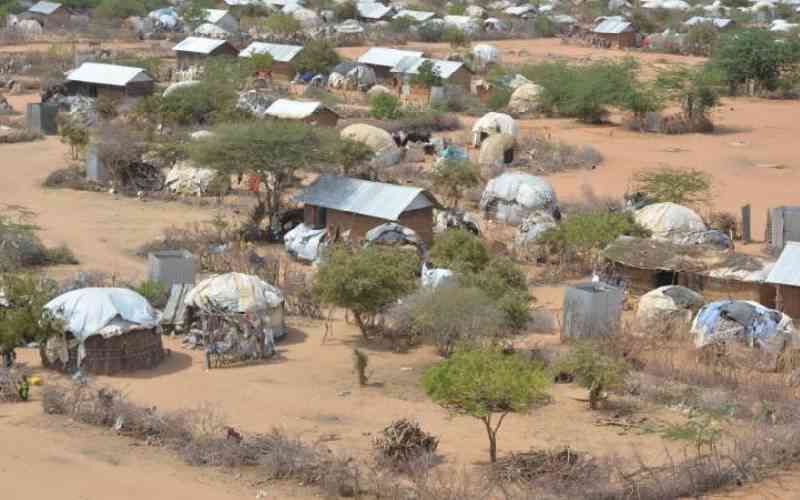×
The Standard e-Paper
Fearless, Trusted News

The court has slammed brakes on the plans by the State to close the Dadaab and Kakuma refugee camps.
Justice Mugure Thande quashed the directive by the Interior Cabinet Secretary in 2021 over the closure of the refugee camp.